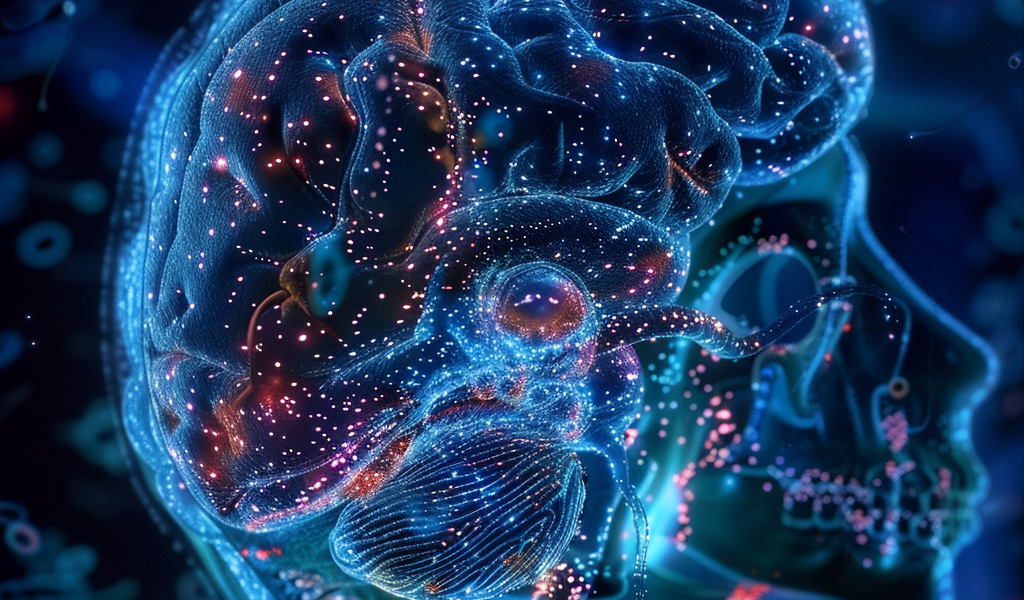A recent study has identified a gene, KDM5B, that plays a crucial role in learning and memory in mice. Researchers have found that mice with reduced function of this gene exhibit significant deficits in memory and learning abilities.
KDM5B is essential for strengthening neuronal connections, which are vital for memory formation. This discovery not only enhances our understanding of cognitive functions but also opens up new possibilities for addressing conditions such as autism and intellectual disabilities.
The study involved genetically modifying mice to reduce KDM5B function in adults, isolating the gene’s impact on learning from developmental effects. The findings revealed a direct correlation between KDM5B function and cognitive deterioration, including epileptic seizures.
KDM5B has previously been associated with intellectual disability disorders and autism. In the general population, certain variants of this gene are linked to reduced brain function. Researchers at King’s College London, the University of Exeter, and the University of California Irvine have demonstrated that decreased gene function in the brain leads to impaired learning and memory, as well as a decrease in the brain’s ability to strengthen connections between neurons.
The team’s mouse study, published in the Journal of Neuroscience, showed that mice lacking a fully functional KDM5B gene exhibited poorer learning and memory abilities. To eliminate the impact on brain development, researchers reduced the gene’s amount in a separate group of adult mice in the hippocampus, a brain region responsible for memory. The results indicated that reduced gene function led to epileptic seizures in some mice and a decline in their learning and memory capabilities, with a reduction in the strengthening of connections between neurons during memory formation.





